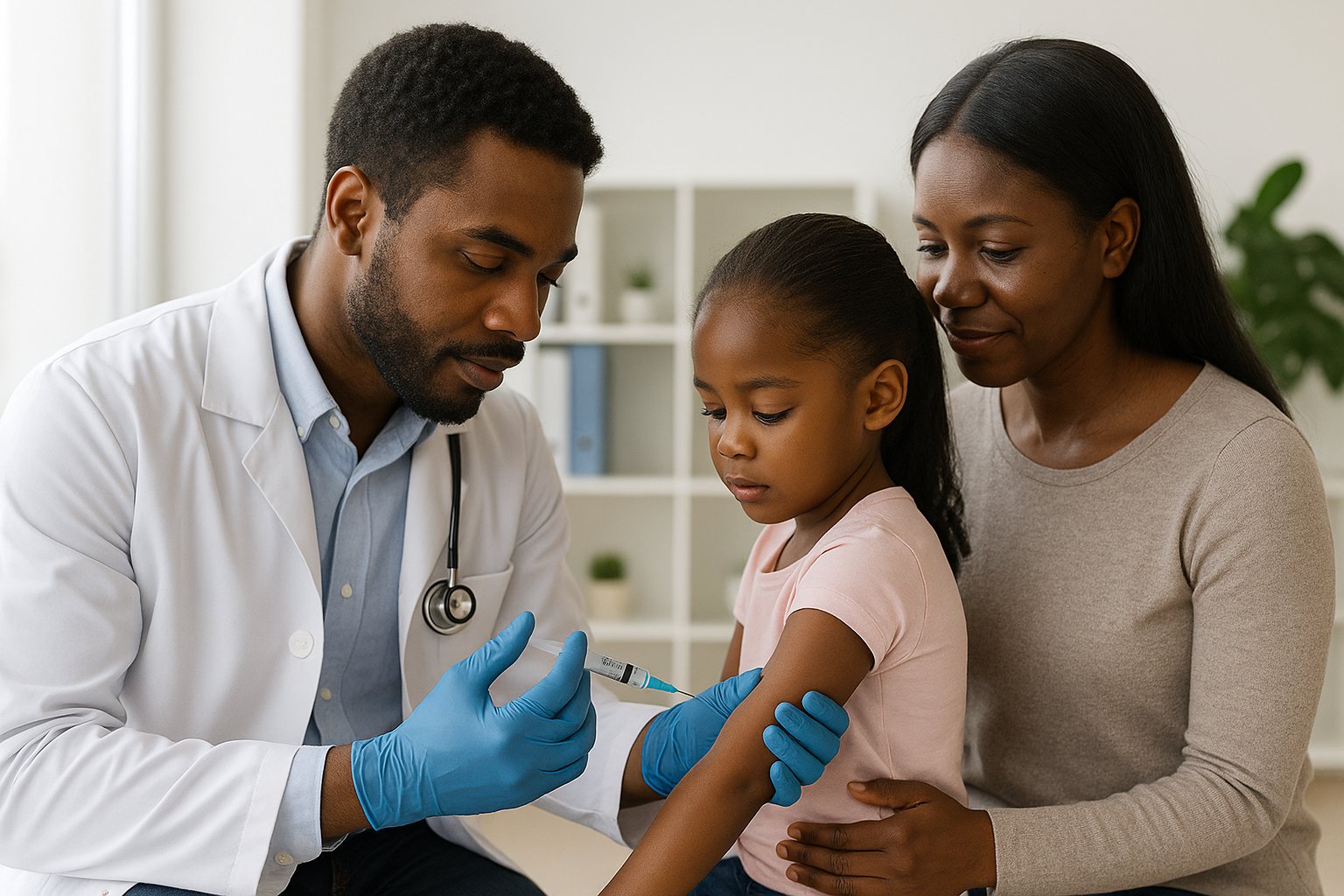Immunization is one of mankind’s biggest breakthroughs and a powerful tool in modern medicine, preventing millions of deaths every year. Vaccines stimulate the body’s immune system to recognize and fight pathogens. This helps to protect individuals and communities from infectious diseases. From smallpox to measles and even malaria, immunization has continued to play a critical role in reducing death rates and improving public health across the world.

What is Immunisation?
Immunization involves the administration of vaccines to help the immune system build protection against harmful viruses and bacteria. These vaccines contain weakened or inactive parts of a particular organism, which trigger an immune response without causing the disease. As a result, the body learns how to fight off the infection if exposed in the future.
Why Immunization Is Life-Saving
Vaccines prevent diseases that once caused widespread illness and death. For example, polio paralyzed thousands of children annually before the vaccine was introduced. Today, the disease is nearly eradicated globally. Similarly, routine immunizations against diphtheria, tetanus, hepatitis B, and whooping cough continue to save countless lives each year.
Children are especially vulnerable to infectious diseases, which is why early immunization is vital. According to the World Health Organization (WHO), immunization currently prevents about 3.5-5 million deaths every year. Without vaccines, outbreaks of preventable diseases would become far more common, especially in communities with limited access to healthcare.
Community Protection Through Herd Immunity.
Immunization does not just protect the person receiving the vaccine. It also contributes to herd immunity, a form of indirect protection that occurs when a large portion of a population is immune to a disease. This reduces the spread of infections and protects those who cannot be vaccinated, such as infants or individuals with weakened immune systems.
When vaccination rates drop, herd immunity is compromised, leading to outbreaks. This has been observed with measles, a highly contagious disease, which has resurged in areas with declining immunization coverage. Maintaining high vaccination rates is therefore crucial for preventing such public health threats.
Cost-effectiveness
Immunization is one of the most cost-effective means of safeguarding human health. It reduces the need for antibiotics, hospital visits, and long-term treatments. Because of this, governments and healthcare systems save billions annually by investing in immunization programmes. Every penny spent on childhood immunization yields tremendous returns in economic and social benefits.
Moving Ahead: Ensuring Vaccine Equity and Access
Despite the proven benefits, millions of children around the world still miss out on essential vaccines due to poverty, conflict, or lack of awareness. Therefore, it is important to strengthen immunization efforts and enhance equitable access, especially in low-income countries. This is necessary to achieve global health equity and preventing avoidable deaths.
Conclusion
Immunization saves lives by preventing deadly diseases, promoting herd immunity, and reducing healthcare costs. It is a cornerstone of public health that protects individuals and communities alike. If you are reading this, you should embrace immunisation if you haven’t. It is a literal life saver for you, your family, and your community.
Related Reading: Vaccines For Infectious Diseases: Do They Really Work?
Subscribe to our newsletter for more health updates.









